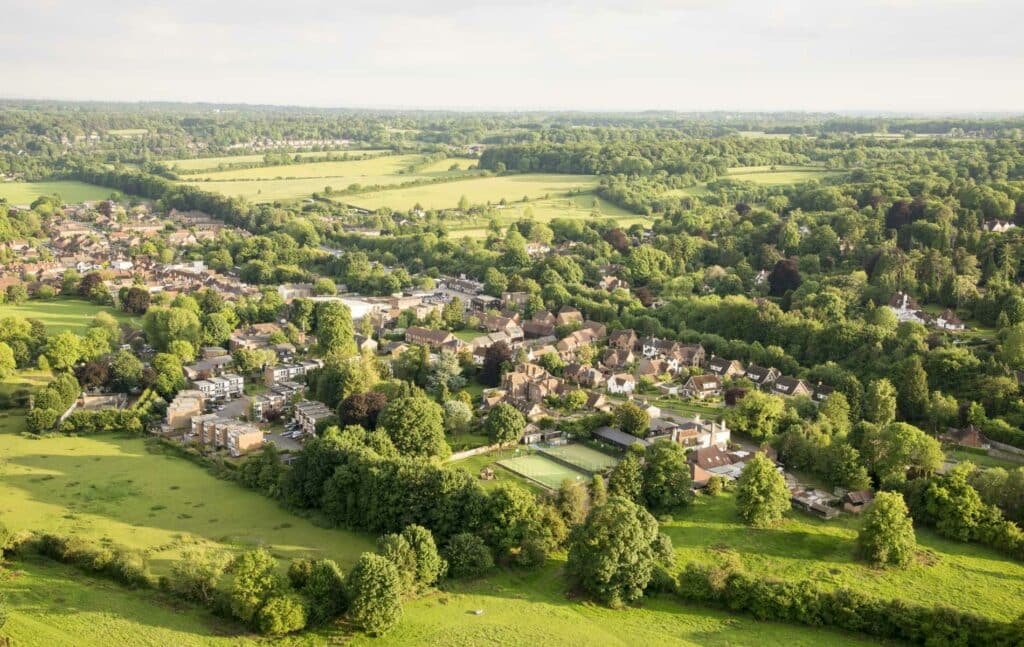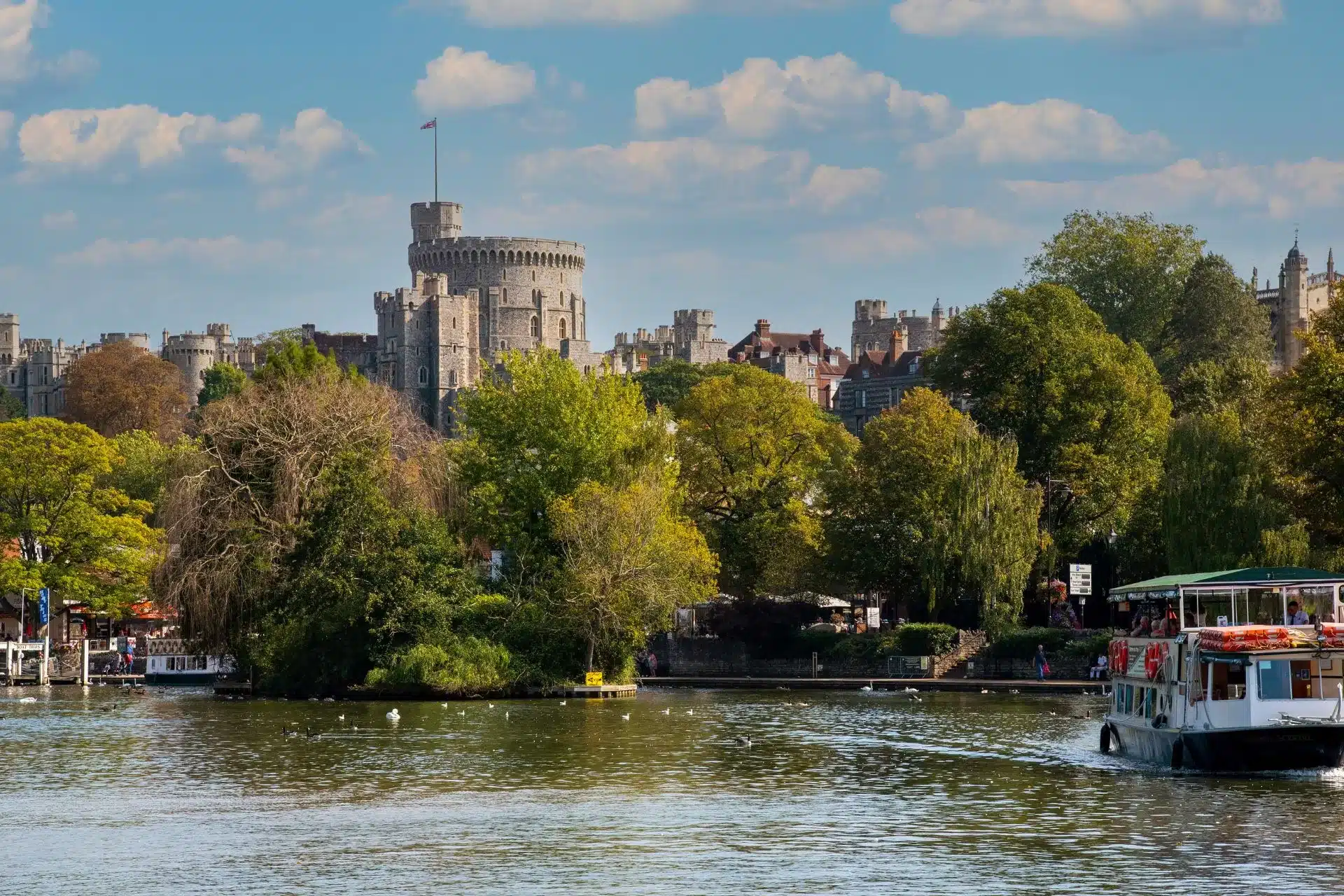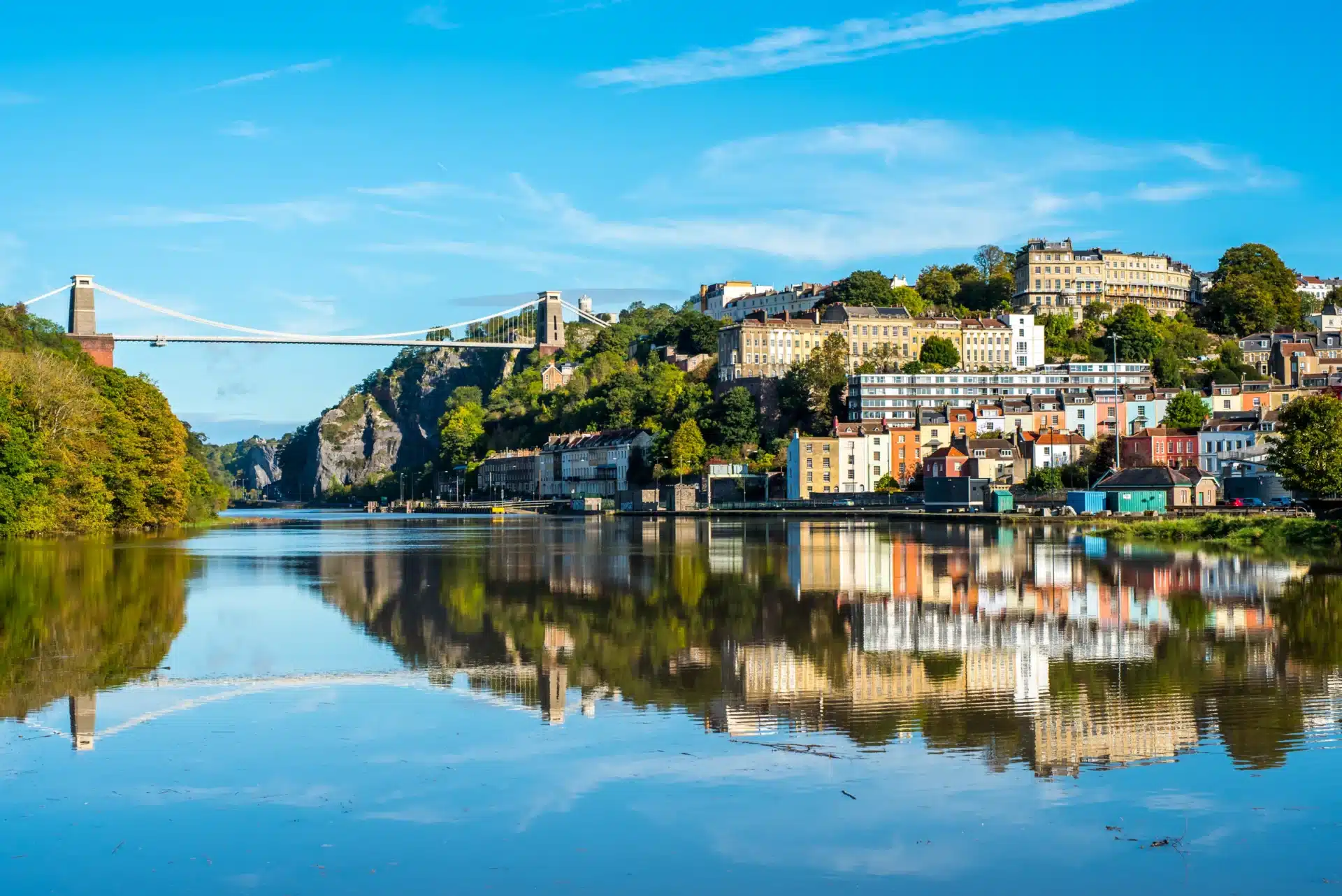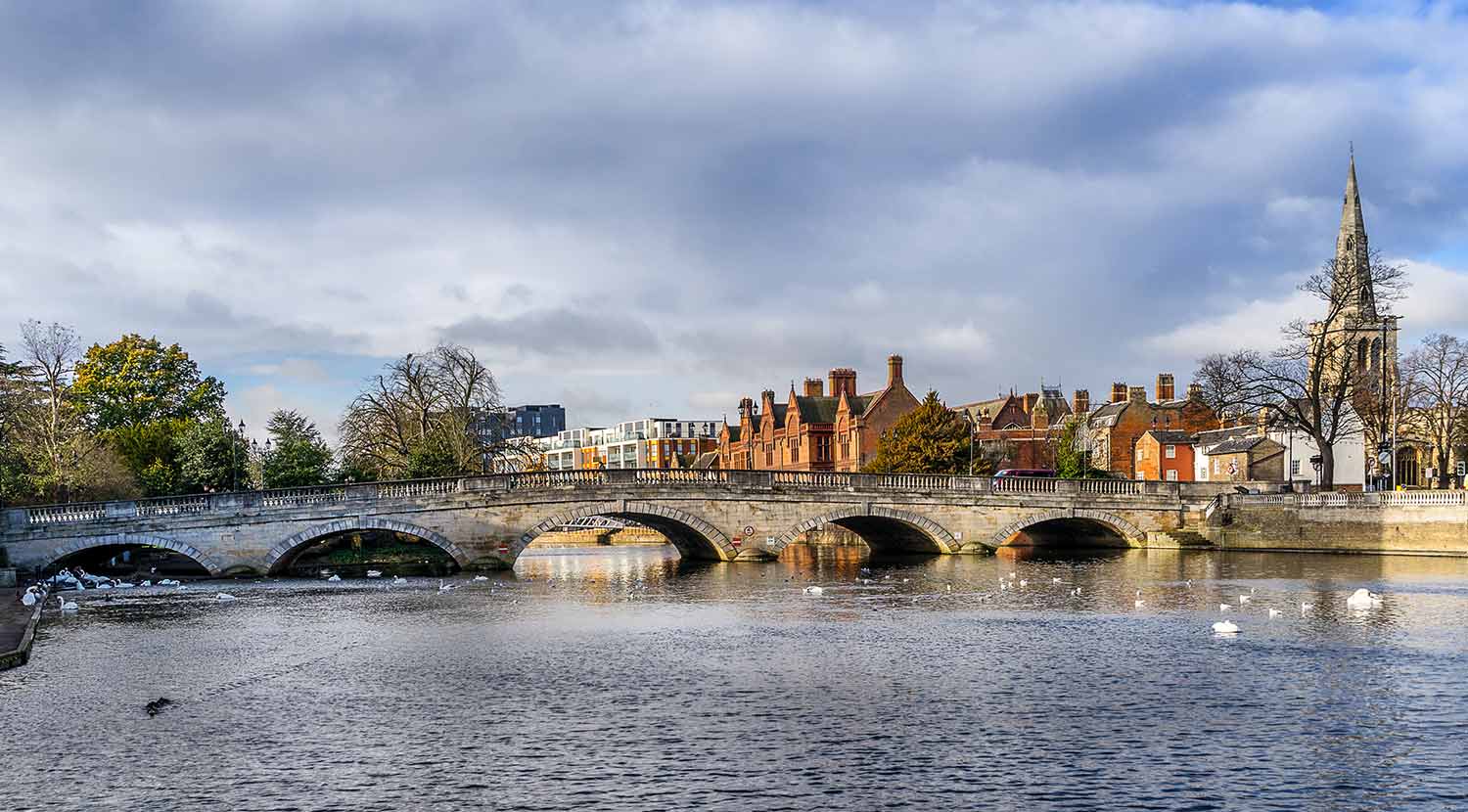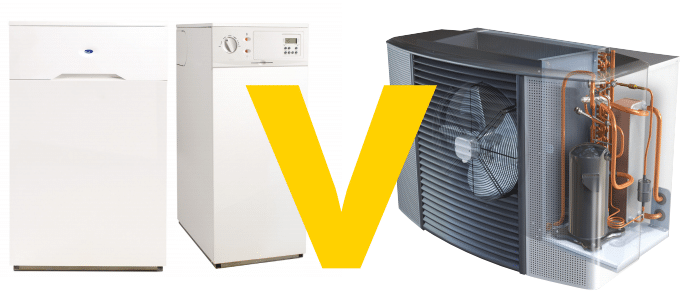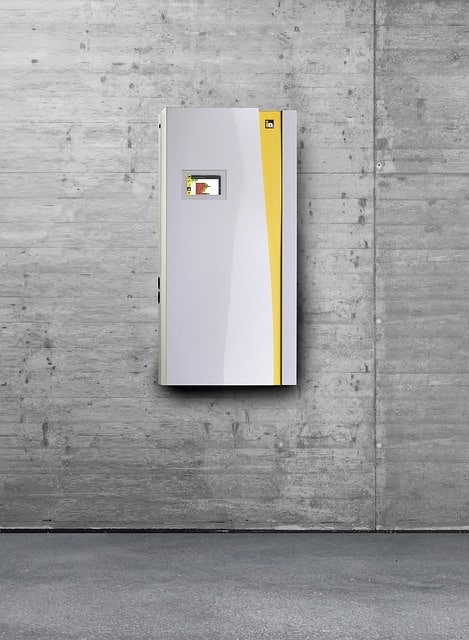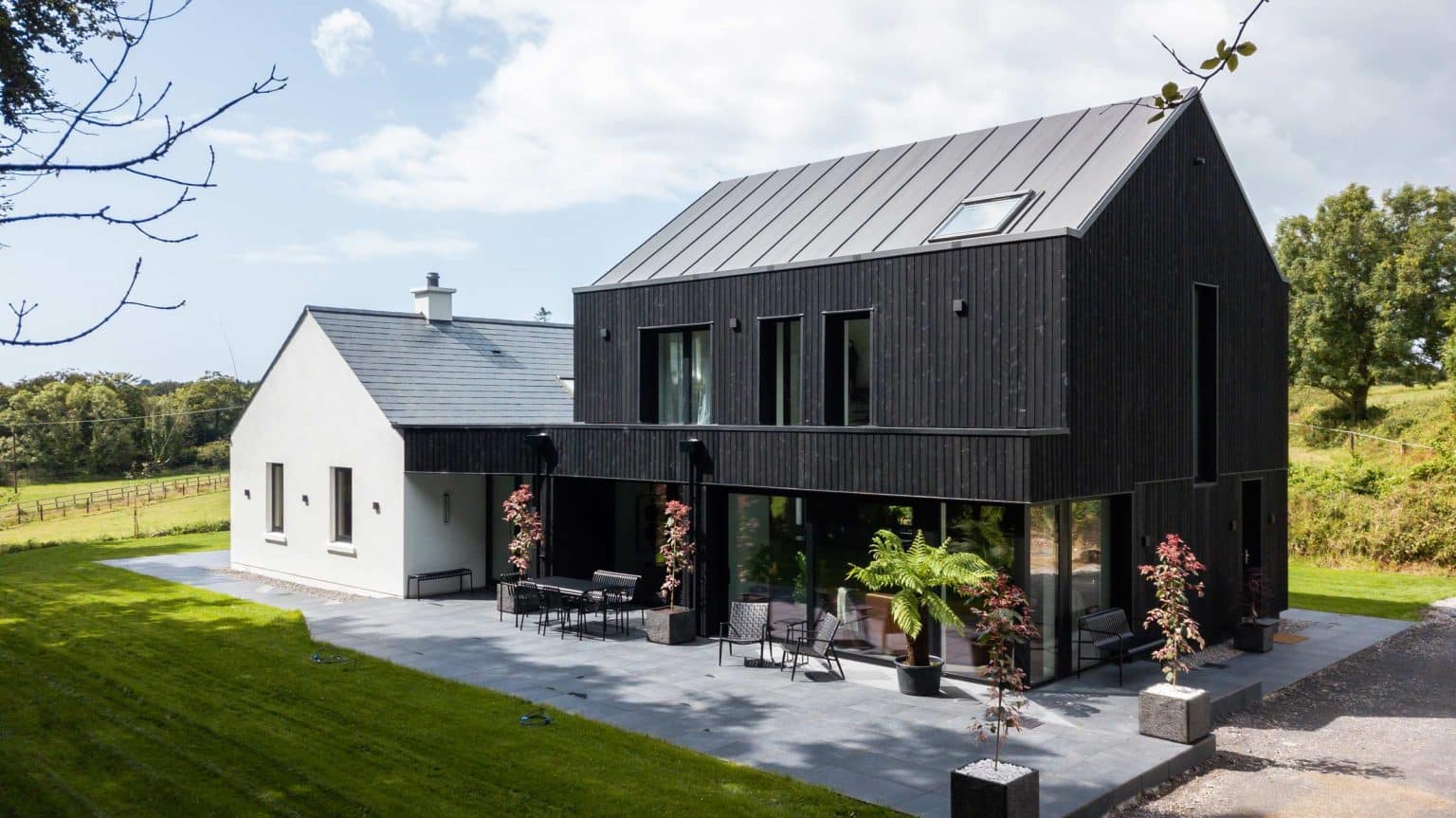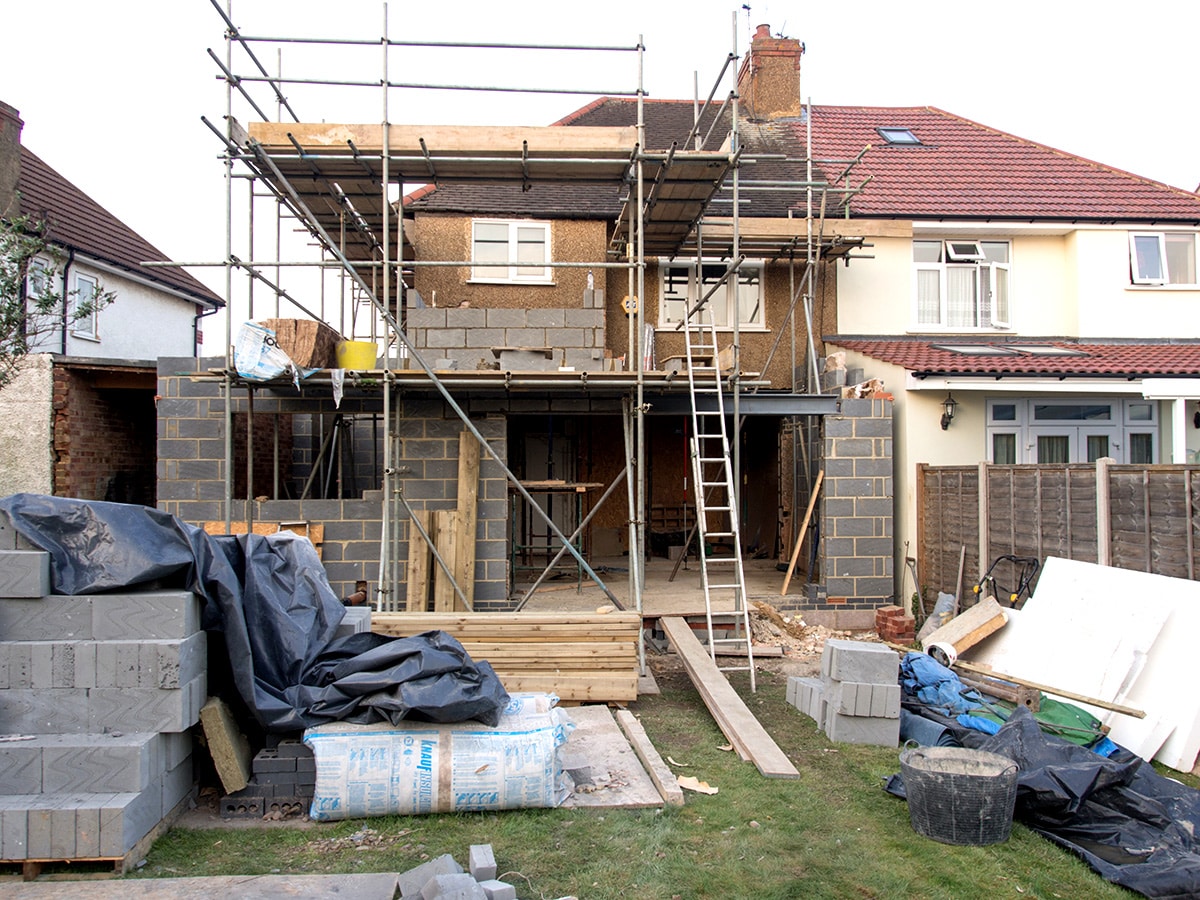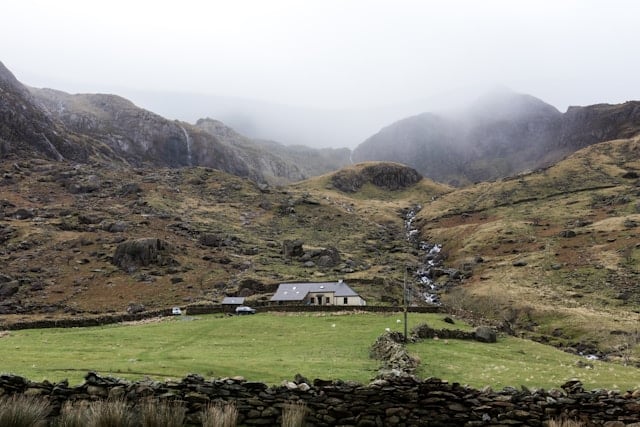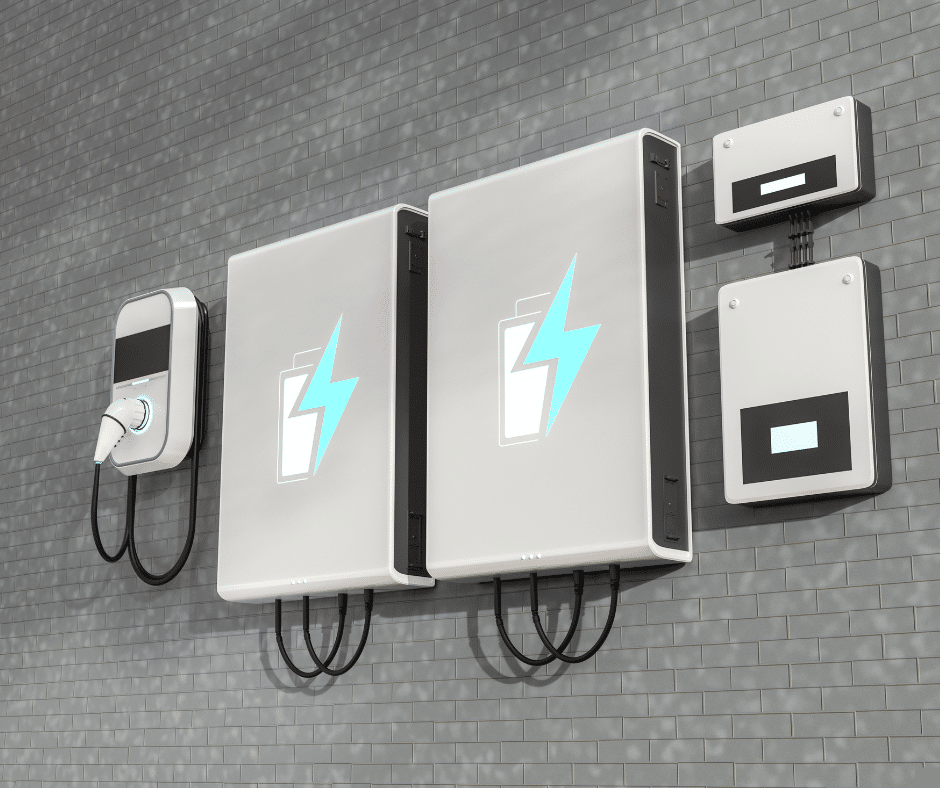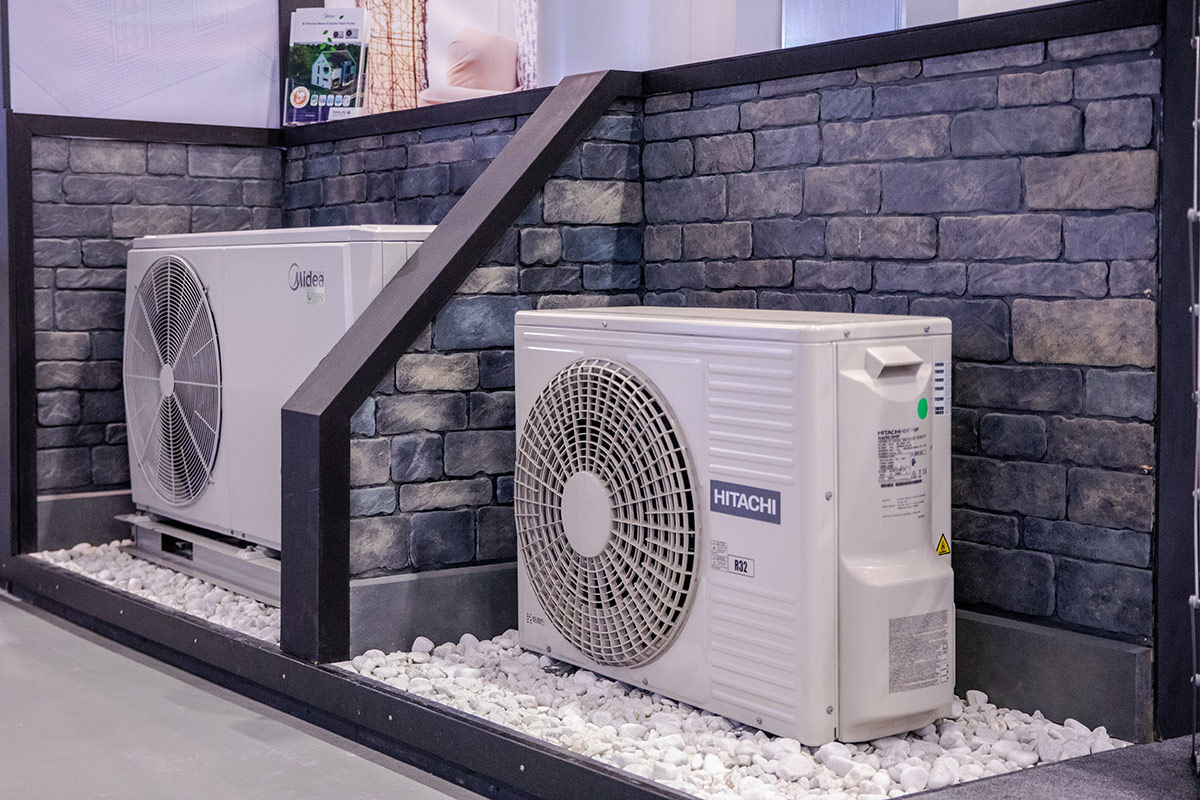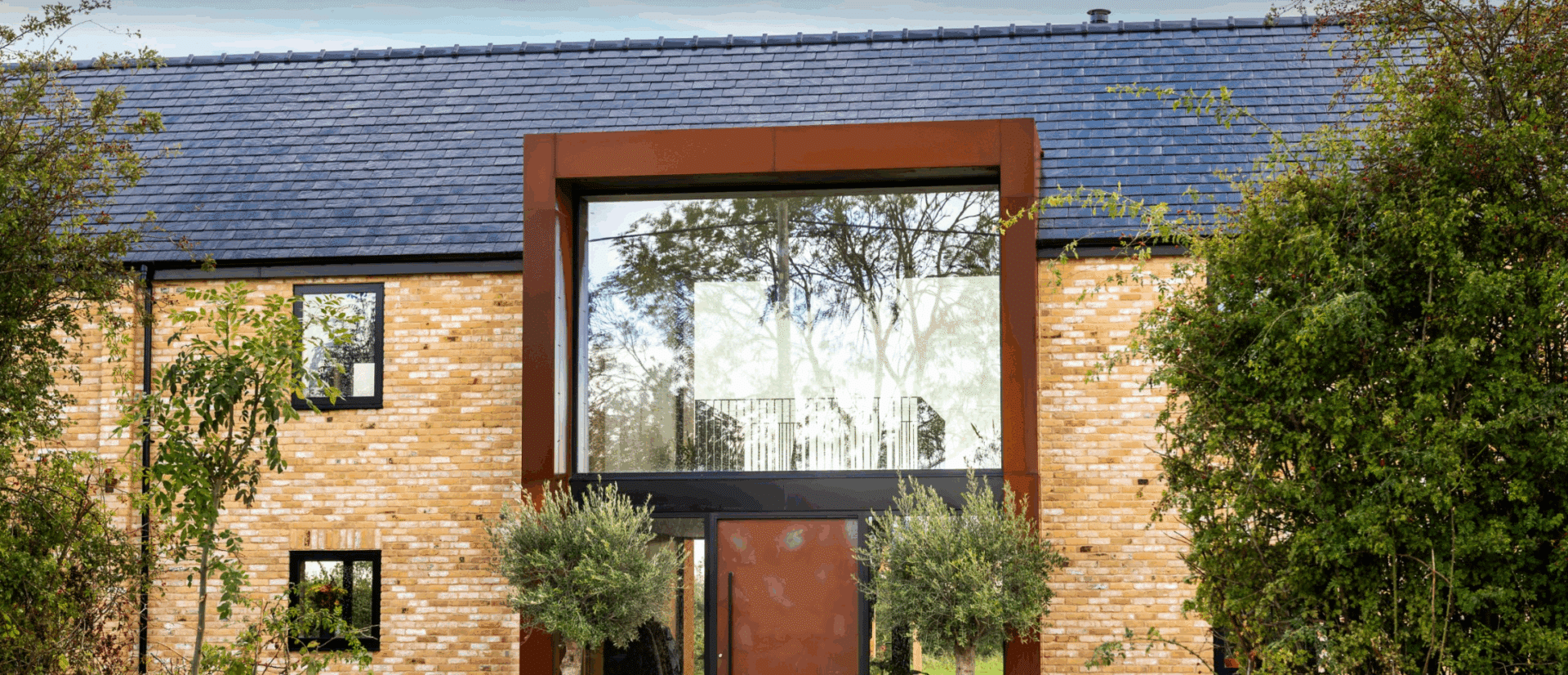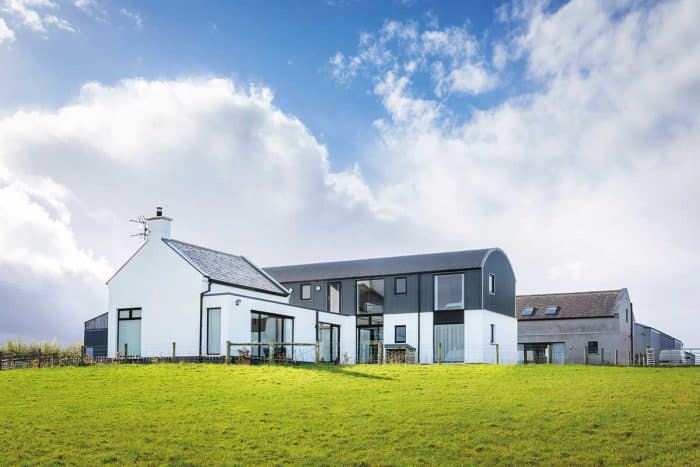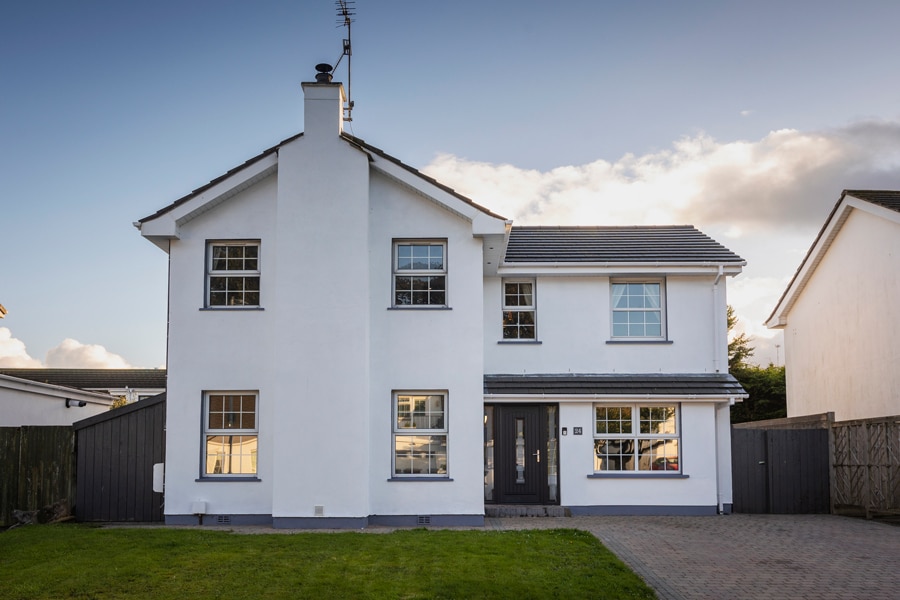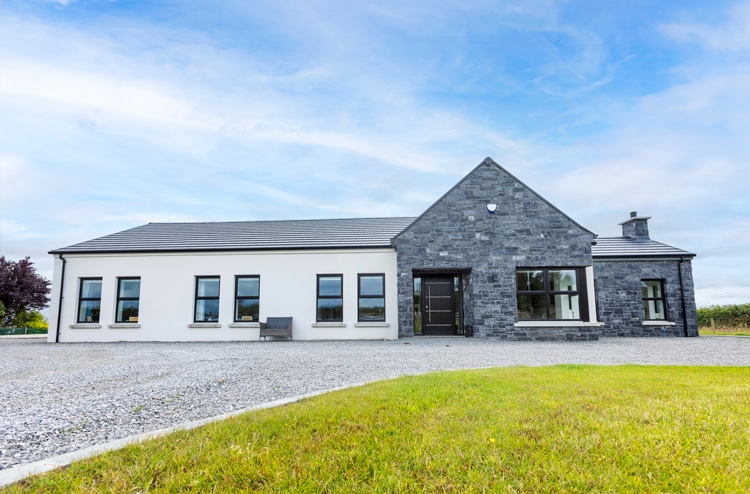A list of grants, financial supports and initiatives available to help with your self-build or home improvement project in Scotland.
In this article we cover:
[adrotate group=”3″]
- List with links of what grants / financial supports are available in Scotland today
- Energy upgrade grants
- What fiscal incentives exist
- What utilities have to offer
- Low income schemes
While Scotland has few direct grants specifically for self-build projects, there are several key initiatives and programmes that can help fund or reduce the costs of building or improving your home.
1. Scotland Self-Build Loan
This government-backed loan offers Scottish residents up to £175,000 to cover construction costs, giving you the support you need to get your project off the ground.
The fund is designed for people who already own a plot of land or have arranged to buy one, as the loan doesn’t cover land purchases. You’ll also need planning permission and a building warrant in place to qualify. Once approved, the loan is paid out in stages as your build progresses, keeping everything moving.[adrotate banner=”58″]
It’s a practical option if you’ve struggled to secure standard bank funding, particularly in areas where getting a mortgage for a self-build can be tricky.
2. Home Energy Scotland Grant and Loan Scheme
Homeowners can access grants, interest-free loans or a combination of both for retrofitting their homes with eco-friendly heating options and energy efficiency measures funded by the Scottish government.
- There’s up to £15,000 funding available to install a heat pump. £7,500 is available as a grant, which is money you don’t have to pay back, with the additional £7,500 available as an optional interest free loan. If you live in a rural or island location you could qualify for a rural uplift.
- Fully-funded grants up to 75% of the combined cost of improvements to make your home more energy efficiency such as installing insulation, are also available (up to £7,500 as a grant, or £9,000 if the household qualifies for the rural uplift). This can be added to the funding available to install a heat pump, or applied for on its own.
An uplift of £1,500 is available for rural and island homes to both the clean heating and energy efficiency grants.
How much funding can you get?
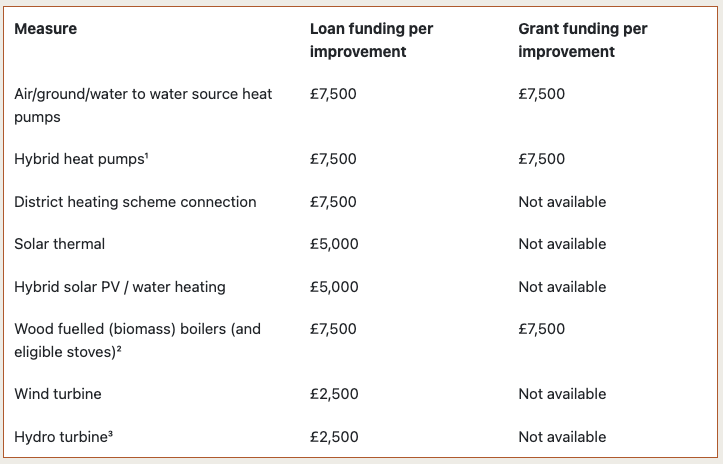

3. Smart Export Guarantee
If you generate renewable electricity and live in England, Scotland or Wales, you could benefit from a Smart Export Guarantee (SEG) tariff.
The SEG is a support scheme that makes sure that people who generate their own electricity, such as through solar panels, are paid for the surplus electricity they export to the grid.
This doesn’t happen automatically, so you need to sign up to get the SEG tariff.
Under the scheme, all licenced energy companies with 150,000 or more customers must provide at least one SEG tariff. Smaller suppliers can offer an export tariff if they want to.
All suppliers can also choose to offer other means of making payments for exported electricity, separate to the SEG arrangements.
You need to apply directly to a SEG tariff supplier to start getting payments. Ofgem publishes a list of SEG licensees every year. The SEG supplier you choose doesn’t have to be the same one that provides your energy.
4. Rural Housing Burden
Open to self-builders or homebuyers in Scotland who need to live or work in a particular rural area, have strong local ties and plan to make the house their main home. This is a legal agreement that aims to keep housing affordable for local communities.
If you’re a self-builder, it lets you buy land from the local Rural Housing Body at a lower price to build your own home. The usual percentage discount of the open market value is between 20-40% in the property sale price.
In return, the agreement makes sure the home stays affordable for future local buyers if you ever sell it.
Development Trust Association Scotland has a list of registered Rural Housing Bodies on their website.
5. Great British Insulation Scheme (GBIS)
You can get fully funded or part-funded home insulation to reduce heat loss and keep your home warm for longer. This was formerly known as the ECO+ scheme.
To qualify, your home must:
- have an EPC rating of D to G
- be in council tax bands A to E in Scotland
6. VAT reduction for new builds and conversions
In Scotland (as in England, Wales and Northern Ireland), new builds are exempt from VAT, but you’ll need to keep all your receipts and apply for a refund at the end of the project. This zero VAT rate is available to self-builders (new builds).
There’s also a zero VAT rate for work carried out for people with a disability or terminal illness. For those over 60, the reduced 5% VAT rate applies to mobility aids, heating upgrades and security improvements.
7. Warmer Homes Scotland
The Scottish government’s Warmer Homes Scotland programme offers support worth up to £10,000 or more for eligible households for energy-saving home improvements like heating and insulation to help make your home warmer and cheaper to heat.
Disclaimer: This list is not exhaustive, always consult with a qualified building professional. Schemes are subject to change.
Last update: December 2024



